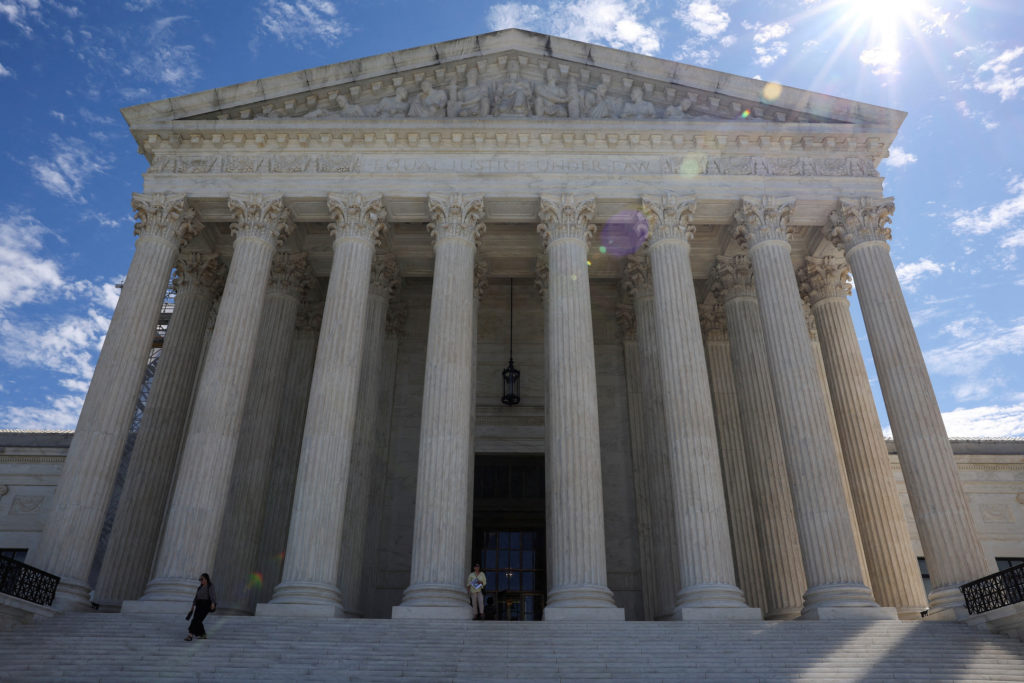
Marcia Coyle:
Well, it was interesting.
Justice Kavanaugh, for example, noted to the government's lawyer that these releases that the Sackler family got, they have been approved by courts for about 30 years. In fact, corporations have been looking to bankruptcy when they face mass injury claims since the 1980s. So he asked, well, why should we suddenly, after 30 years of approvals, throw this one out?
But then there was also concern like Justice Kagan raised that the Sacklers here are getting a benefit, a deal that's better than what the average person or corporation that goes into bankruptcy can get, especially with the immunity side of things.
So there was no love for the Sacklers in this courtroom today. That's one thing that was very clear. Justice Gorsuch raised some constitutional issues. Some of these claims that have been released as part of the settlement are nonconsensual claims. And he pointed out, we don't usually terminate rights without some kind of process, some kind of due process.
So I think they're really struggling with this, but, as I said earlier, they have their eye on the practical implications. And I would like to say too, Geoff, that these families, whether they're supporting or opposing this settlement, they're not getting a windfall, by any means. The average payout is going to be $3,500 to $48,000.
And it's over a long period of time, minus lawyers' fees, taxes, other stipulations. What they really, really want, if you read the briefs in the cases, they want the money in the settlement that will go towards treatment and abatement of the opioid crisis.
ncG1vNJzZmivp6x7sa7SZ6arn1%2Bjsri%2Fx6isq2ejnby4e9Kup6udnZp6pLvUq6tmoJWWv7R5wpqqnmWkna61ecKorKWcXai1qrHLnWSpraKZwqZ5z6GYq6WRYry4usSrqmaeoqS6brvPoqainF2hrri%2F1KKrrA%3D%3D